Everyone loves to complain about their home state — the weather, the jobs market, the taxes — but some unhappy residents have way more ammunition than others.
The personal finance site WalletHub maintains a list of the Happiest States in America1, based on numerous factors across three categories: “emotional and physical well-being,” “work environment” and “community and environment.”
It probably comes as no surprise that the gorgeous island state of Hawaii got the highest total happiness score, but you might not be able to predict some of the most miserable states languishing at the bottom of the list.
25. Rhode Island
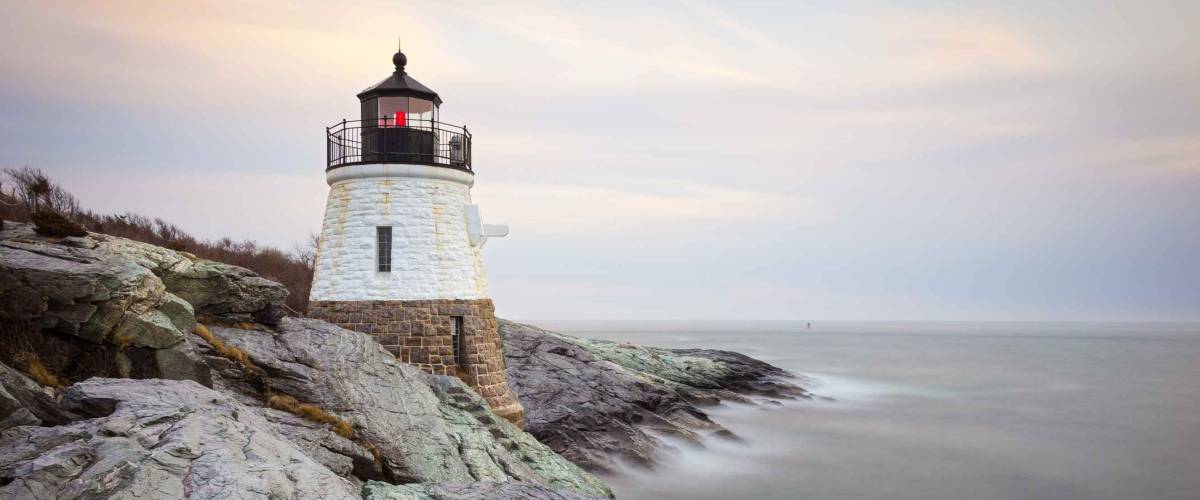
The lovely ocean views are free, but Rhode Island is very expensive to live in. Plus, CNBC has dubbed it the worst state in the country for businesses due to slow economic growth and poor infrastructure.
America’s tiniest state got a half-decent score for emotional and physical well-being but didn’t fare as well when it came to work environment and community and environment. One benefit: Rhode Islanders work fewer hours than the residents of almost any other state, besides Utah.
“I left Rhode Island many years back and moved down south, and I like it better in every way, shape and form,” one Redditor writes. “I didn't like living in Rhode Island... The taxes are insane, the cost of living is insane and the winters suck.”
24. Pennsylvania
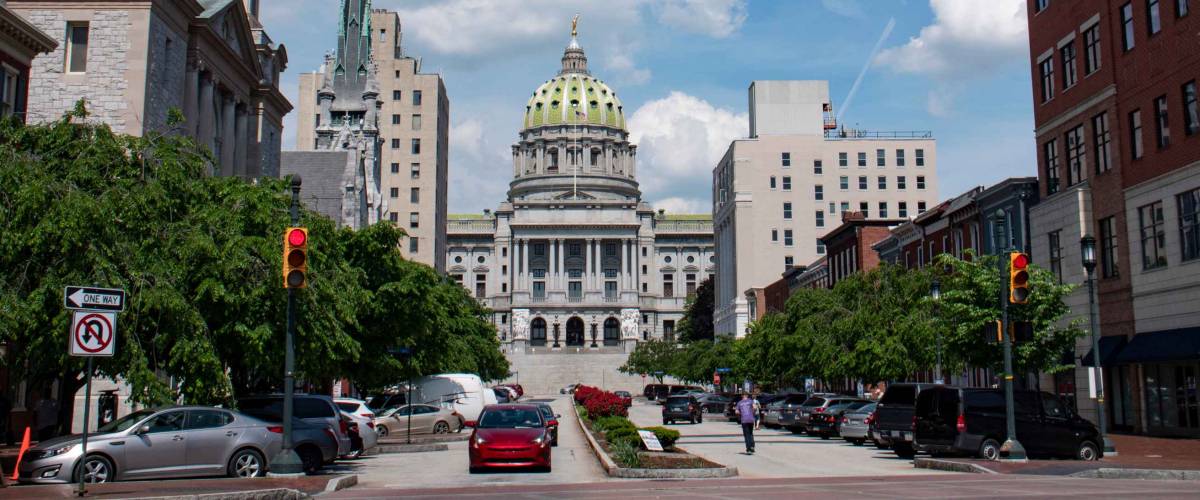
The Keystone State has a rich history. It was one of the original 13 colonies in the U.S. where the Declaration of Independence, U.S. Constitution and the Gettysburg Address were written.
Residents should hold on to that pride because it’s harder to celebrate these days.
While it didn’t receive an abysmal score in any category, Pennsylvania didn’t fare well in any category, either. It took 40th place for work conditions and 30th place for community and environment.
Plenty of Redditors add that the road infrastructure here is terrible.
“Potholes everywhere, and in some suburbs, previous work on gas lines or repeated water main breaks have basically destroyed some roads,” user deechbag writes. “Also, Pittsburgh is not set up like a normal city. There really isn't the standard grid setup. Throw in random one-way roads, all the hills, too ... and the result is a terrible city to drive in.”
23. Illinois
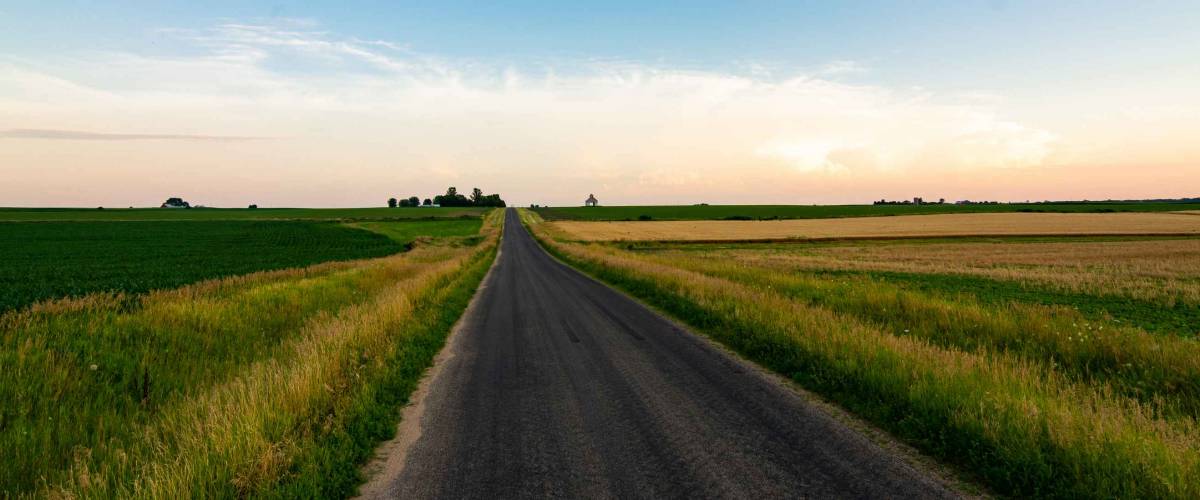
This midwestern state is known for its farming and manufacturing strength and hosts some of the country’s biggest companies, but it also has the third highest rate of long-term unemployment in the nation.
The Land of Lincoln ranked fairly well for emotional and physical well-being, at 12th place, but received low scores for work conditions and community and environment.
“The taxes are high, things were always just a bit pricier, and it just wasn't worth it anymore,” explains former Illinois resident and Redditor whitecollarredneck. “Making the 3.5-hour drive to Chicago once or twice a year wasn't worth the cost of living in the state.”
22. Maine
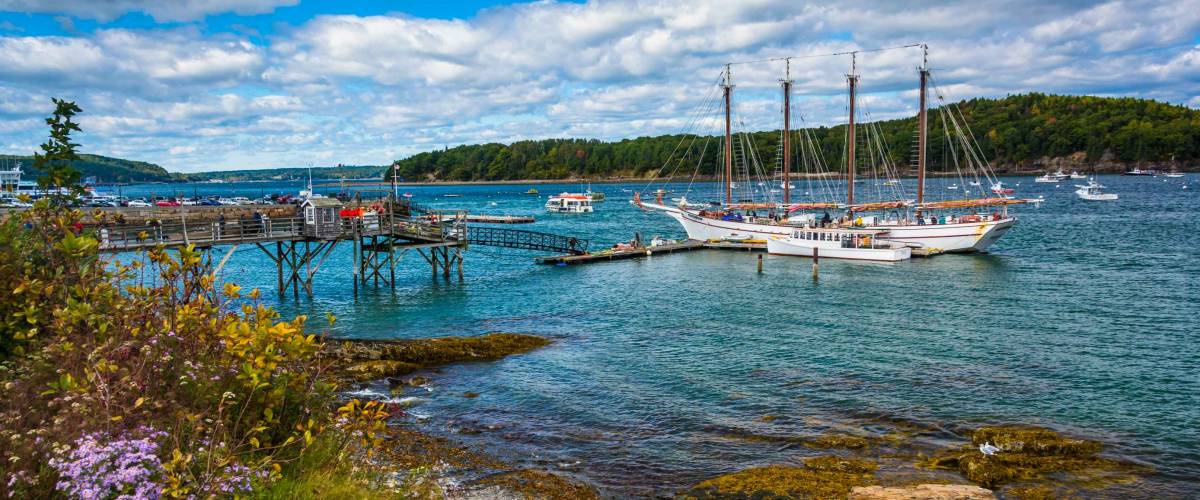
Maine boasts beautiful coastal views and is one of the safest states in the U.S., but residents say its lack of excitement and job opportunities push young folks away.
The Pine Tree State fared decently well for work conditions as well as community and environment but came in 35th place for emotional and physical well-being. The state has one of the highest rates of adult depression in the U.S.
“Maine isn't great for youth because there really aren't that many jobs,” Doox4 on Reddit says. “After living in a few other states, I have noticed the lack of communities and opportunities for young adults. Still a great place to live … but it's easier (and warmer) to move further south.”
21. Wyoming
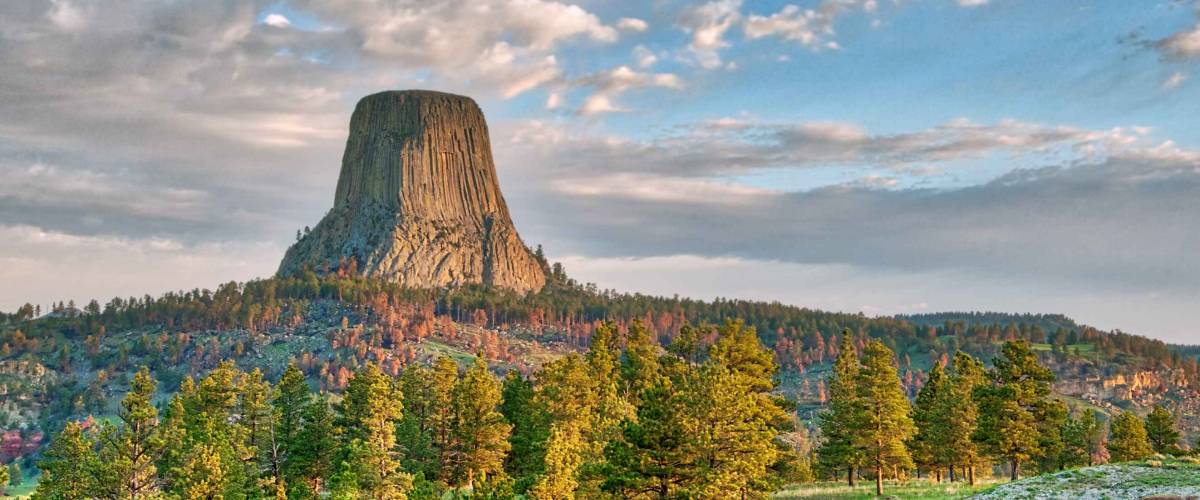
You don’t hear too many people complain about Wyoming, but that’s probably because it’s the least populated state in the U.S. Its population in the last census was just 578,759.
Wyoming came in 23rd place for working conditions, 30th for emotional and physical well-being and 39th place for community and environment. It also ranks close to the bottom for income growth and has the lowest minimum wage in the country, tied with Georgia at $5.15.
“I was born and raised in Wyoming and I've seen an enormous exodus of young people,” phargmin writes on Reddit. “We just don't have enough college-degree-requiring entry-level jobs. Their choices are to accept underemployment here or go down to Denver and actually find work and start a career.”
20. North Carolina
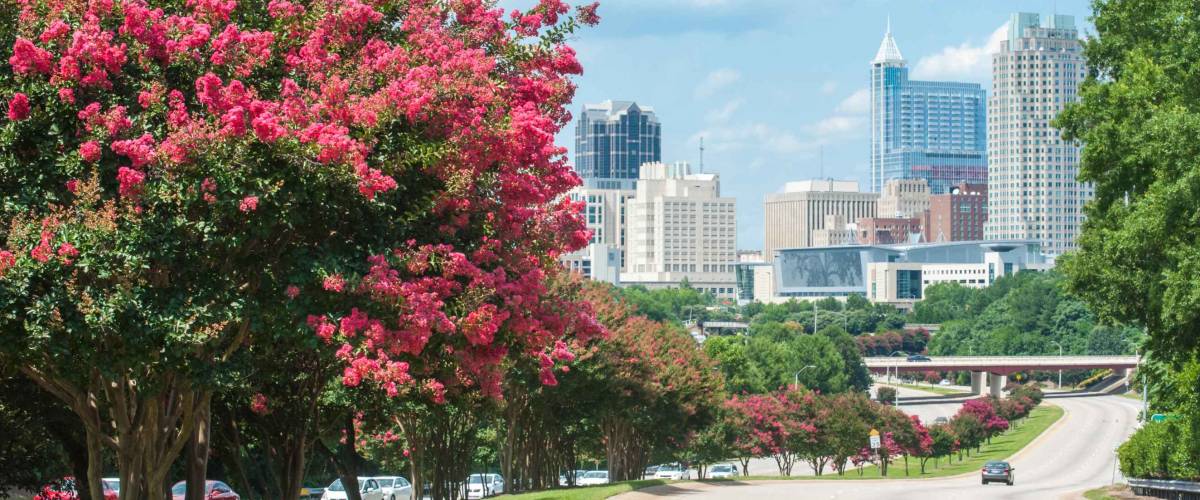
The Tar Heel State was once dubbed the furniture capital of the world due to the strength of its factories, and it was also a major producer of tobacco and textiles.
That reputation was lost in the 1990s thanks to globalization and changing consumer tastes. North Carolina has since embraced food processing, banking and other sectors, but it’s no longer a prized place to live and work.
The state took a so-so 28th place for emotional and physical well-being and 27th place for work conditions but fared far worse for community and environment. That’s the category focused on volunteering, weather, leisure time, divorce rates and public safety.
Redditors commiserate about the heat and abundance of deer flies in North Carolina. TheRealirony says there’s “not a lot to do once you've seen/done a handful of things here. We have what everyone else has (malls, movies, shops, restaurants, etc.), but to do anything worth talking about you normally have to drive out to somewhere in the mountains or coast.”
19. Kansas
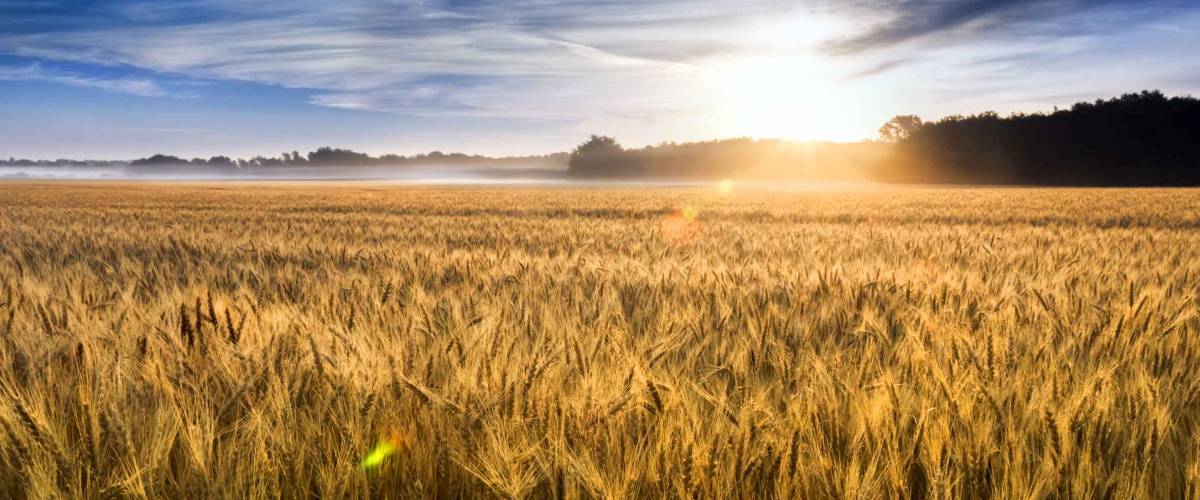
The Breadbasket State is the country’s leading wheat producer and still has a substantial fossil fuel industry, helping Kansas land at 19th place for its work environment. That category tracks things like employment rates, work hours, commute times and income growth.
On the other hand, it stumbled into 31st place for emotional and physical well-being and 40th for community and environment. The odd twister does Kansas no favors.
“I have a love-hate relationship with the weather,” Daniel Welsey writes on Quora. “The transition between seasons is always fun and interesting, but when you’re stuck in the middle of -15 F and five inches of snow or 97 F with 80% humidity or yet another Severe Thunderstorm Warning, you’re ready to move on.”
18. South Carolina
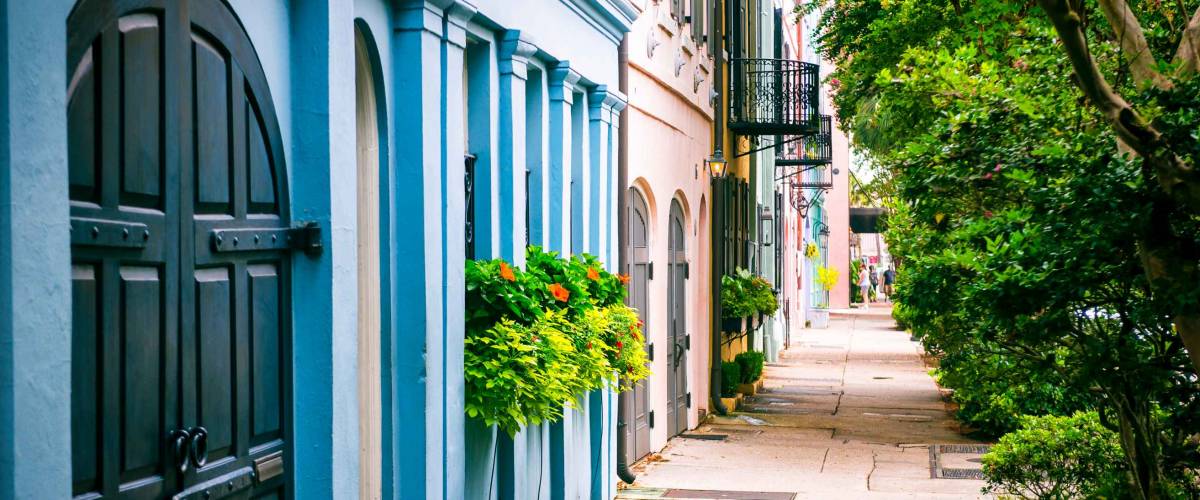
The Palmetto State has its charm, but residents say that charm can fade once you’re outside the bigger cities like Greenville and Charleston.
South Carolina took the 36th spot for emotional and physical well-being, which focuses on coronavirus rates, depression, life expectancy and food security. Wallethub calls this state one of the worst for health care2, as it has one of the highest infant mortality rates in the U.S.
“The educational system leaves a lot to be desired,” says Angela Goodale on Quora. “South Carolina ranks at the bottom of many important lists such as health risks for diabetes and heart attacks. Availability of health care is poor in rural areas. Poverty is widespread.”
17. Indiana
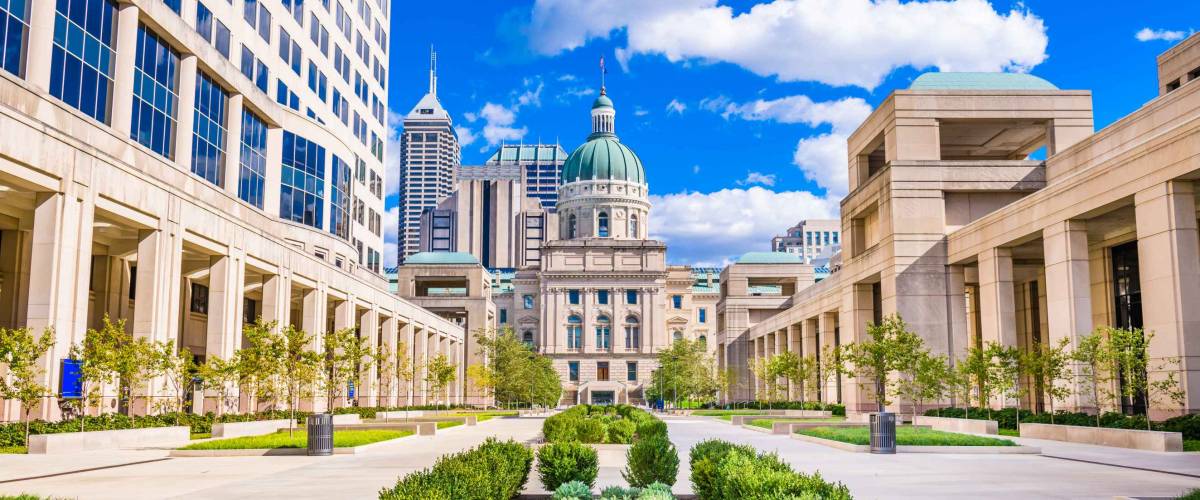
The Hoosier State might be affordable to live in, but it’s also considered one of the poorest states in the U.S. due to stagnant wages.
According to a 2018 report by the Indiana Institute for Working Families, basic expenses jumped almost 32% since 2009, while incomes rose by a meager 6.3%.
Indiana received lower-than-average scores across the board but performed worst for emotional and physical well-being. Perhaps as a result, some visitors to Indiana find Hoosiers cranky and rude.
“I lived in Indiana for five years, and people there were not naturally friendly in any way,” comments zonk3 on Reddit. “For example, even a mention of the day's weather was met with contempt. And no one ever said welcome or thank you when visiting their businesses.”
16. Montana
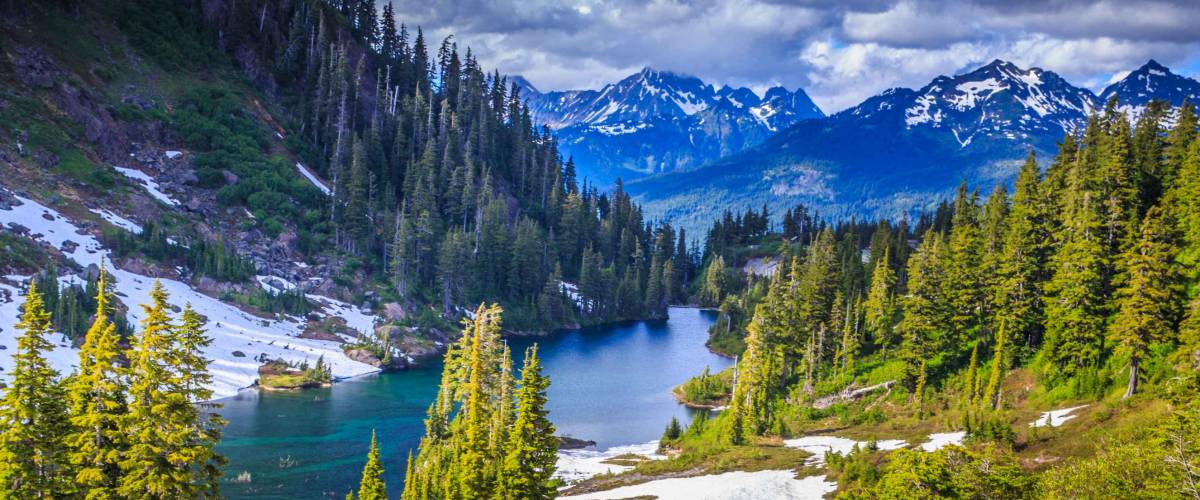
Mighty Montana comes in fifth place for its work environment and has one of the lowest long-term unemployment rates in the U.S. So why is it listed as one of America’s unhappiest states?
The Treasure State’s happiness score was dragged way down by its emotional and physical well-being and community and environment rankings, at 40th and 41st respectively. Depression is a serious problem, and many residents feel socially and geographically isolated despite the natural wonders around them.
“A big one for me has been boredom,” Robert Sunset on Quora writes. “Being from San Diego, I grew up with constant recreational and fun activities. Also, no real seasons. In Montana, you aren't even in eight hours’ driving distance of a big city. It gets really cold and really hot. People are tribal in nature and suspicious of some outsiders.”
15. New Mexico
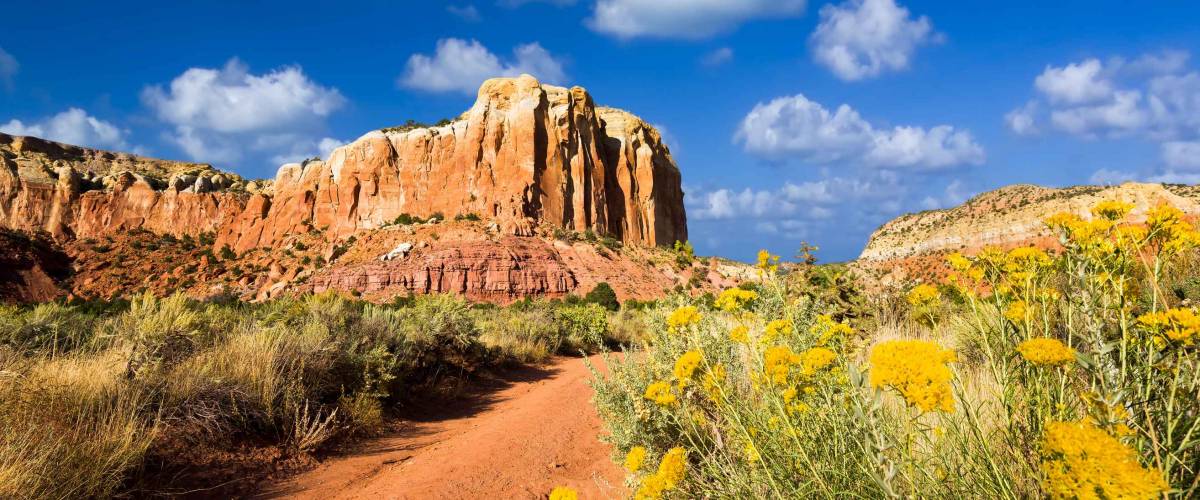
The Land of Enchantment’s low humidity may have helped it snag eighth place for its community and environment. In particular, Wallethub places Las Cruces in the top 3% of all U.S. cities for mild weather conditions3.
But being warm and dry only means so much. New Mexico ranked 39th for emotional and physical well-being and a dismal 46th for work environment. It has some of the highest divorce and long-term unemployment rates in the nation and also scores poorly for income growth.
“Nobody has money. Nobody is hiring. Pay is low. If you want a job, you have to know people who know people. I searched for months without even getting so much as an interview when I first moved here,” explains Ih8Hondas on Reddit.
14. Oregon
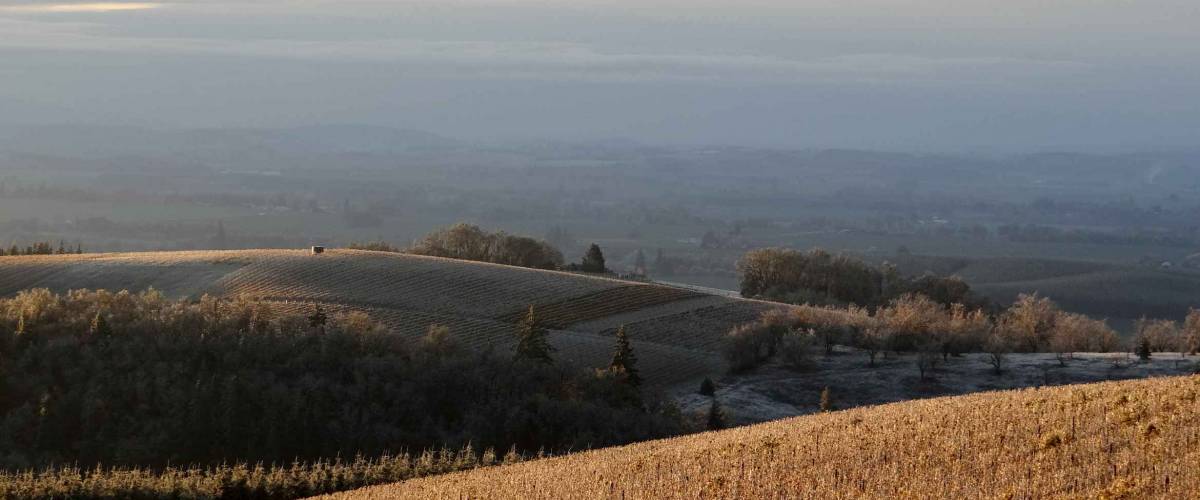
At first glance, the Beaver State seems to have it all: the second-lowest work hours, third highest rate of volunteers and the No. 1 rate of income growth in the nation. It’s hard to imagine why Oregonians are among the top 10 unhappiest.
Nevertheless, Oregon has the second-highest share of adult depression in the U.S. The state takes 43rd place for emotional and physical well-being, although it fared well for its work environment and achieved a middling score for community and environment.
To find answers, you may need to look to the skies. Several Redditors point to the state’s gloomy and gray winter climate, particularly in Portland, being a major trigger for someone with Seasonal Affective Disorder.
“I work out nearly everyday, use a happy light, Vitamin D, week-long Mexican vacations — and the winters are still crushing,” says schallplatte. “You simply cannot get around the lack of light, and all of these things are a Band-Aid to the problem.”
13. Alaska
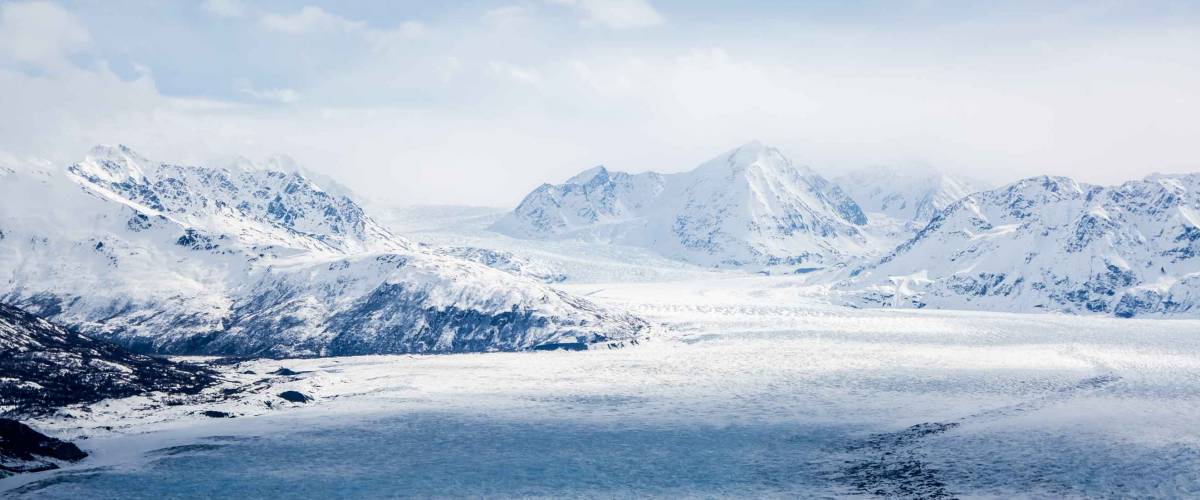
It’s not hard to imagine why Alaska is buried near the bottom of the happiness scale. The state way up north is isolated and sparsely populated, with long, frigid winters and short, mild summers.
Alaska performed poorly across the board, but its low rankings for work conditions (47th) and community and environment (48th) are particularly telling. It has some of the longest work hours and lowest income growth in the country.
“It can feel like you're trapped because it costs a small fortune to go almost anywhere. My family is in Florida (which I realize is about as far from Alaska as you can get in the U.S.) and it cost my husband and I $2,000 to fly home one Christmas. It cost my aunt and uncle less to visit my cousin in Germany,” writes notstephanie on Reddit.
12. Florida
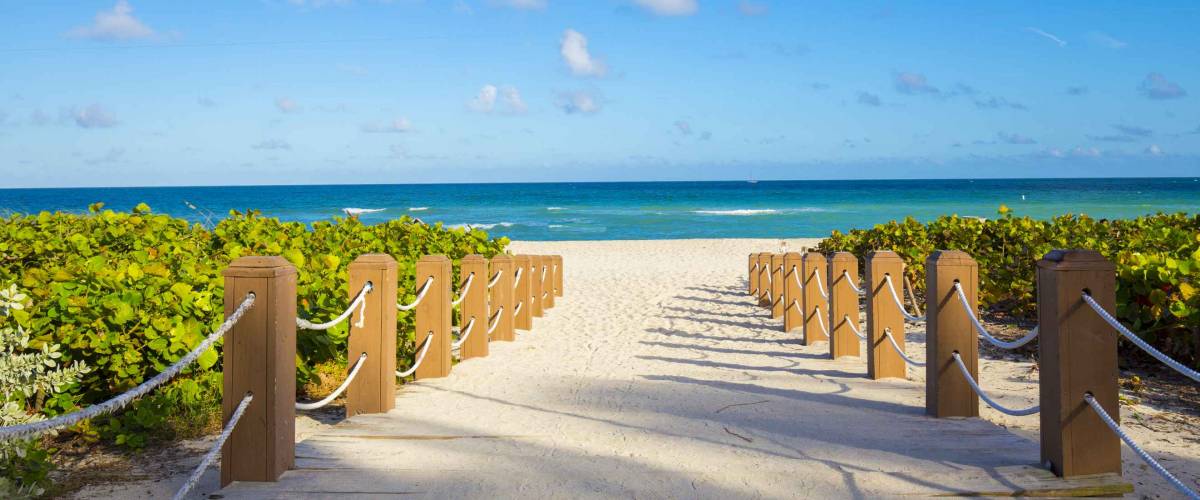
The Sunshine State offers sandy beaches, perpetually warm weather and Disney World. What more could you ask for?
Well, the retiree and tourist haven came second last for its community and environment, beaten only by Texas. It has some of the worst rankings in the country for safety, divorce rates, volunteering and long-term unemployment.
Plus, the summers can be blisteringly hot, with highs of 90 F, and the fall season gets plenty of thunderstorms and hurricanes.
OtherwiseReflection on Reddit points to the “massive wealth inequality,” citing “areas in the panhandle that are like areas in West Virginia, with crushing poverty. And there are areas with million-dollar mansions and condos and yachts.”
11. Alabama
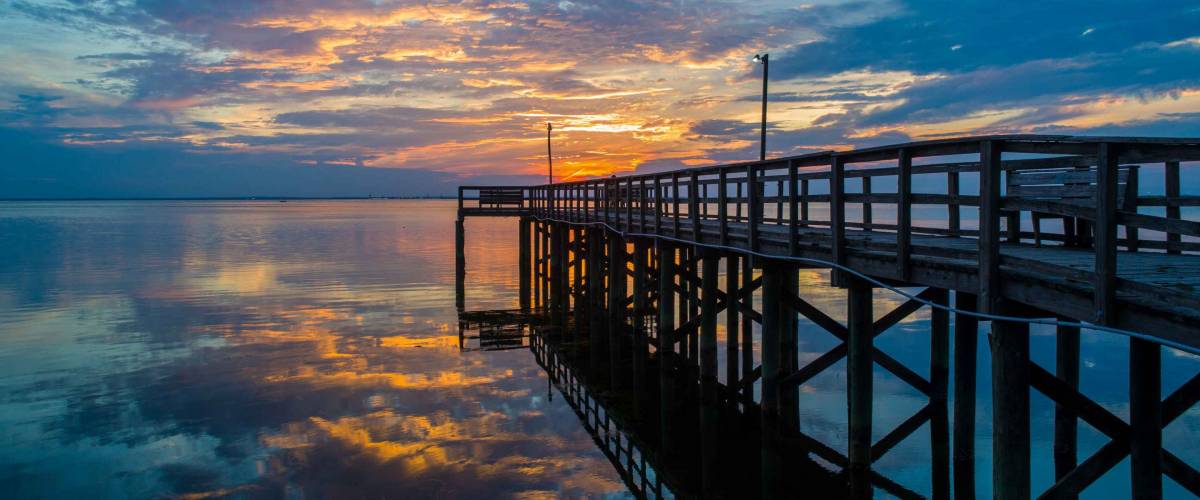
The Yellowhammer State isn’t a cheery place for adults, but it’s even worse for the kids. It has one of the worst education systems in the nation, Wallethub says5. While its schools are safe, they suffer from poor test scores and relatively low K-12 funding.
Its health care system ranks just as badly — beaten by only two other states — and few people can muster the energy to play sports. Overall, Alabama fared decently well for its community and environment but struck out for emotional and physical well-being, ranking 46th.
The economy is no saving grace, either.
“My hometown was once booming with steel mills and the coal industry, and everyone had a job,” WillyXL on Reddit says. “Those are all gone now and there's nothing left. I’m hoping if I do move it would be a plus for my kids to have more opportunities for careers and jobs.”
10. Mississippi
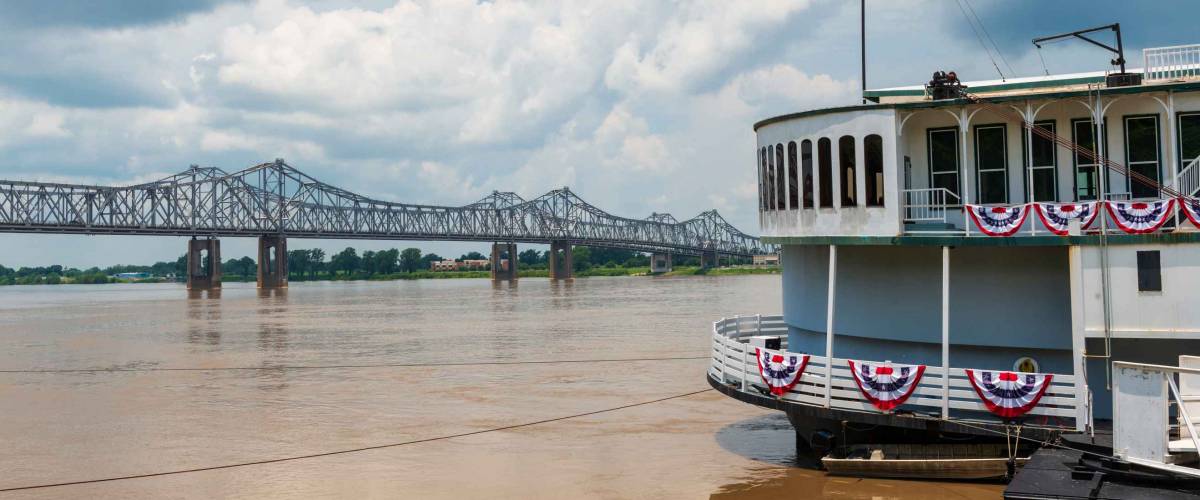
Surprise: While Mississippi often falls at the bottom of all kinds of national rankings, it bests its neighbors this time thanks to an impressive 14th place finish for community and environment.
That could only be because of its extremely pleasant weather or extra-long leisure time — because the other factors that make up that category are abysmal. The Magnolia State is the least safe in the nation, has one of the highest divorce rates and has one of the lowest rates of volunteerism.
And don’t even think about finding a pickup game, because Mississippi also ranked dead last for sports participation.
“Our politicians are awful, our schools are awful, our health care is awful,” Weneedmalllions writes on Reddit. “The best part is no one tries to make it better, every single person is just content to writhe in this awfulness. It's all just awful, and I'm pretty certain old rich white people just come here to die staring at our lakes, the only things that don't suck.”
9. Tennessee
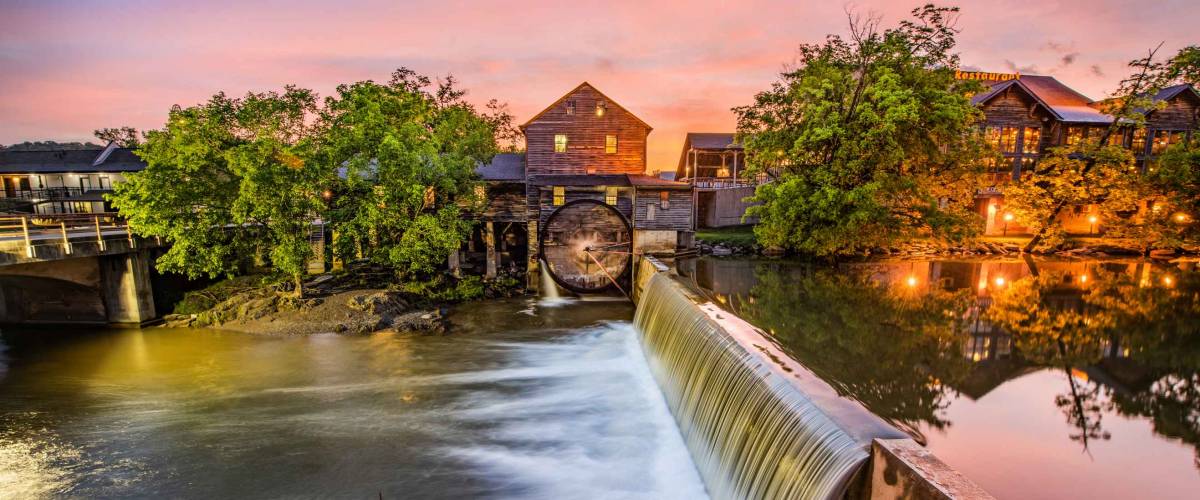
Tennessee may be nicknamed the Volunteer State for the number of soldiers who signed up to battle in the War of 1812, but it failed to crack the top five for volunteerism in Wallethub’s recent study.
The state boasts strong growth in its manufacturing, mining, logging and construction industries, so it fared decently well for its work conditions. However, Tennessee could only reach the 44th spot for community and environment and the 45th spot for emotional and physical well-being.
Tennesseans have some of the highest rates of adult depression and get very little sleep. Plus, locals say the weather can be extremely unpredictable.
“One time, I came home for Thanksgiving break from college (only about an hour and a half away from home) and played soccer on Friday with friends in mid-70 degree weather,” Logan Flowers on Quora recounts. “Then I drove back on Sunday in snow.”
8. Kentucky
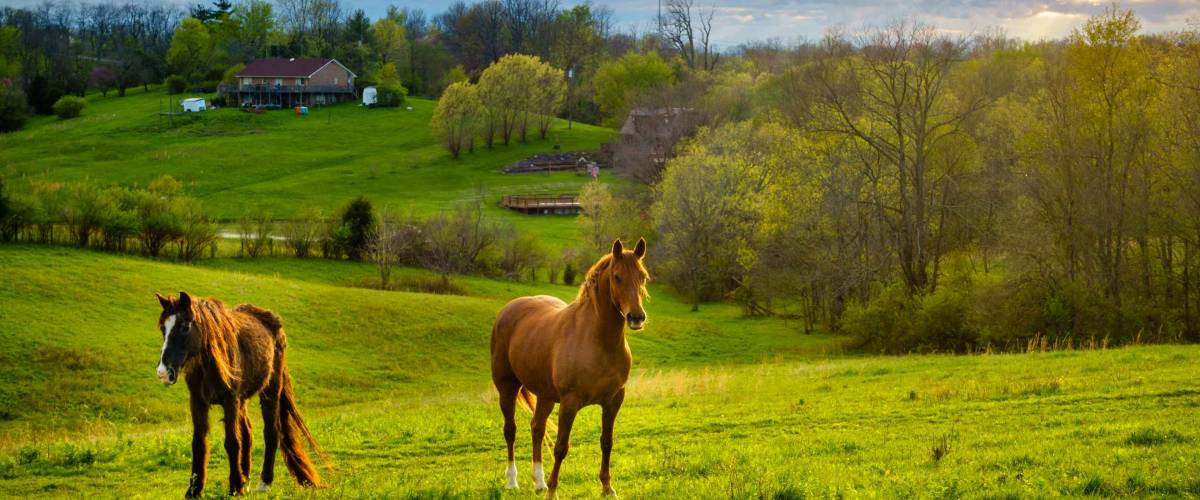
No matter how entertaining the Kentucky Derby is, an annual extravaganza isn’t enough to keep smiles on faces year round.
Kentucky is one of the poorest states in the country, with a median household income of just $50,589. In January, 14% of the state’s population was enrolled in the Supplemental Nutrition Assistance Program (SNAP), though that number was as high as 39% in Owsley County.
The Bluegrass State took 32nd place for work environment and 47th place for emotional and physical well-being. Kentuckians also get very little sleep and rarely participate in sports.
Ggeunther on Reddit feels the “education system is terribly underfunded, with no end in sight,” and “the health care system is below the national average, and the pandemic is completely out of control.” While Wallethub is more optimistic about Kentucky’s schools, it ranks the state 44th for health care outcomes.
7. Louisiana
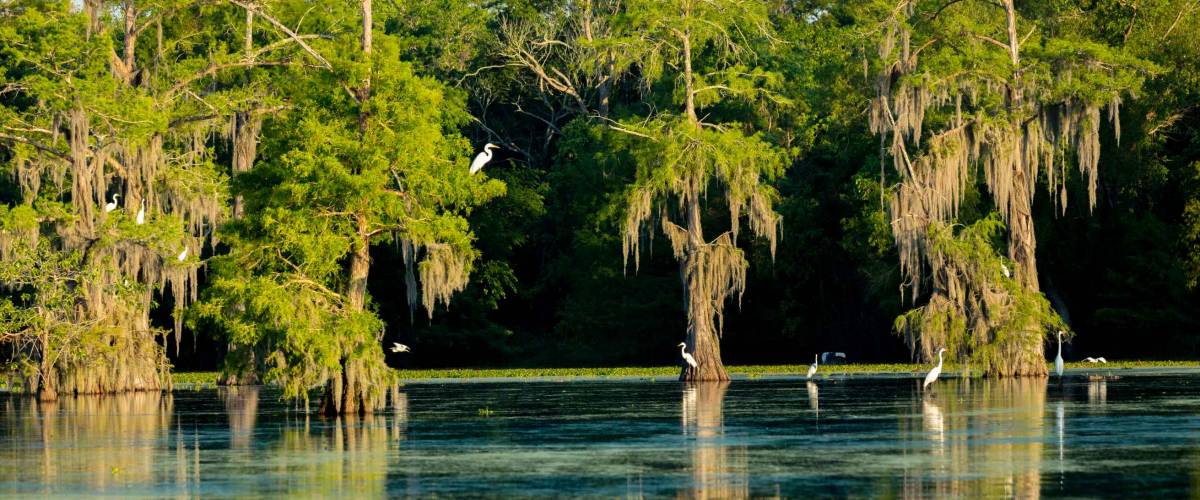
Louisiana’s workers are the most miserable in the country, and for good reason. They work some of the longest hours but have the lowest income growth of any state.
The minimum wage remains at the federal rate of $7.25 per hour. Unemployment is rampant, and about one-in-five people (and one-in-four children) live below the poverty line.
The Bayou State is also rated the second most dangerous in the country — and we’re not just talking about the alligators — and one of the worst for divorce and sports participation.
“It's not uncommon for people graduating in Louisiana to head to Texas right away for higher wages there and more things to do,” Grenshen4px writes. “And Louisiana cutting back on education funding makes it less likely for businesses to move there since high-paying industries are looking for educated, skilled workers, not unskilled workers.”
6. Oklahoma
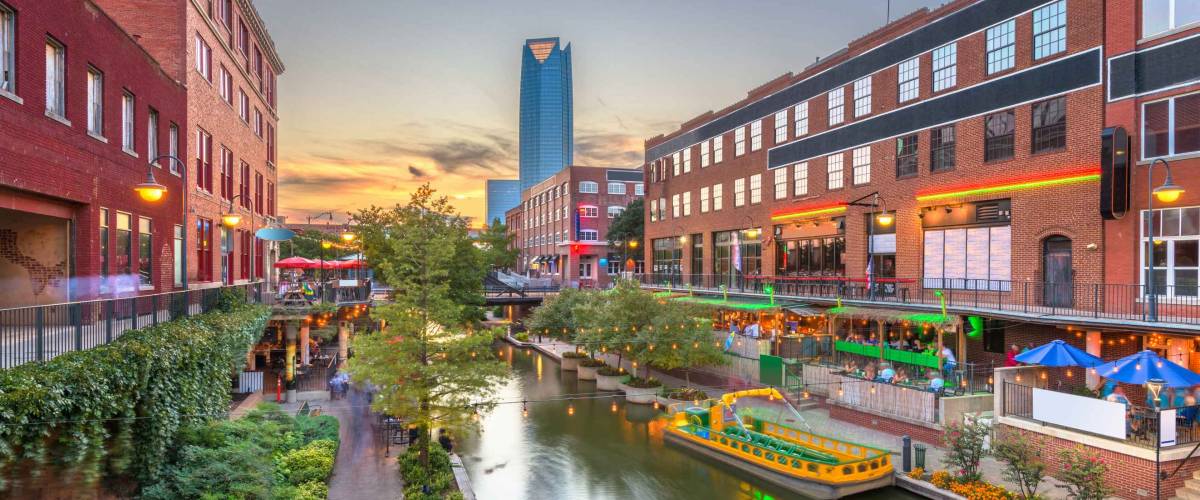
The Sooner State is no stranger to tornados, wildfires, floods and severe winter storms, but it’s not just natural disasters leaving people in despair.
As the price of oil has crashed, the Oklahoma government has declared “revenue failures” three times — in 2020, 2017 and 2016 — meaning it pulled in less money than it allocated for public services.
Oklahoma’s lowest ranking was emotional and physical well-being, at 48th place. In a scathing 2017 analysis, The Guardian said Oklahoma was leading the nation in education cuts, expulsions and female incarceration rates, while it came second for male incarceration.
“The western half of the state is in economic arrest unless they have a military base, oil or gas boom going,” writes Gordon Couger on Quora. “We don’t have much skilled labor left. Most are old or have found greener pastures. It is difficult to hire people and get them to move to Oklahoma due the lousy weather and poor schools.”
5. Arkansas
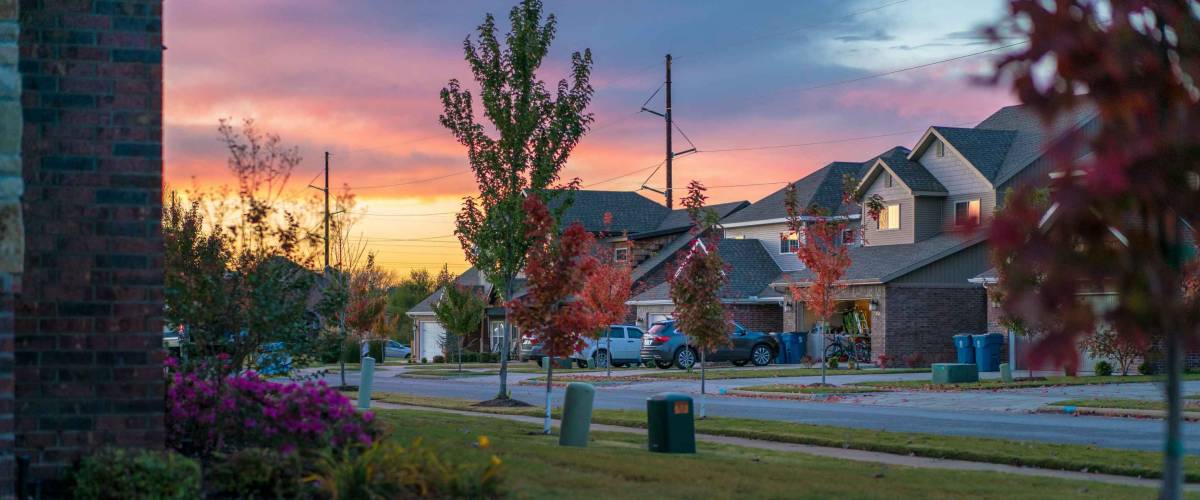
Business is hardly booming in the Land of Opportunity.
Arkansas is one of the poorest states in the country, and even then certain areas have far fewer jobs than others. The recent trade war with China has also hurt the state’s exports, causing farmers to drop prices in the face of lower demand and triggering a wave of bankruptcies.
The state ranks poorly for its work environment (42nd) and emotional and physical well-being (49th) — it’s one of the most dangerous and least sports-loving — although it managed to snag an impressive 15th place for the quality of its community and environment.
“Three-quarters of the state isn't worth living in. The northwest is your best bet,” explains Cari Murphy on Quora. “Mosquitos are horrible, unless you get to the Ozarks. No alcohol sales on Sunday, and there are a lot of small towns where the streets roll up at 6:00 pm. And nothing is open on Sunday except Walmart and gas stations. Northeast Arkansas is terrible about its crime rate.”
4. Michigan
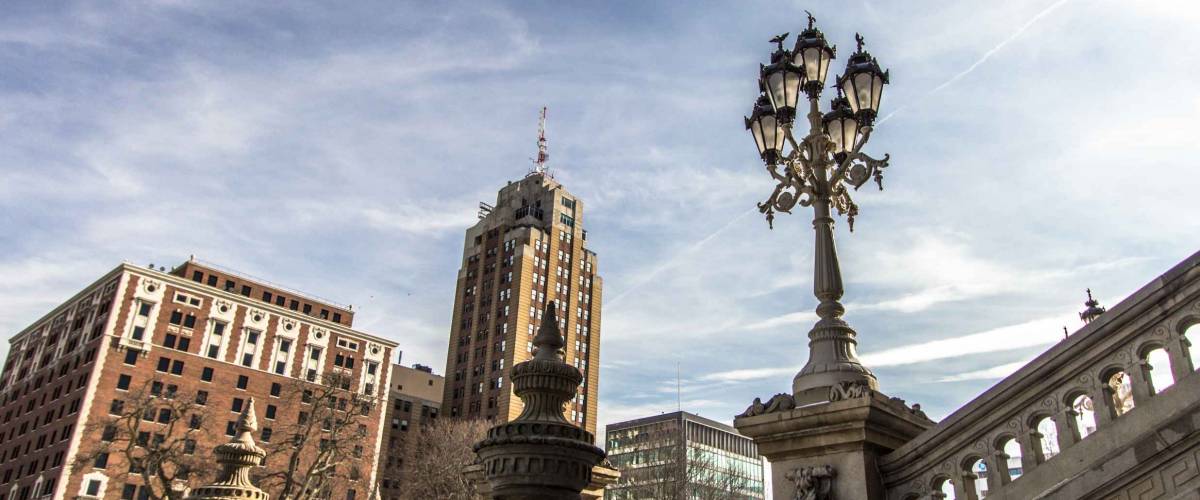
Michigan’s freshwater coastlines are breathtaking, but turn back inland and things don’t look quite so pretty.
The abandoned, dilapidated buildings of Detroit make it the most famous example of urban decay following the decline of the auto manufacturing industry, and Wallethub says Michigan has the third-worst drug problem in the country5.
The Great Lakes State didn’t do so badly for its community and environment score, but it took 38th and 35th place for emotional and physical well-being and work conditions, respectively.
“Much of southern Michigan never recovered from the Great Recession (or, for that matter, from the 1980s),” explains homerinthedetails on Reddit. “Detroit, Flint and Saginaw are like dystopian novels, and many small- and medium-sized cities are poor and run-down after the factories moved to Mexico.”
3. Ohio
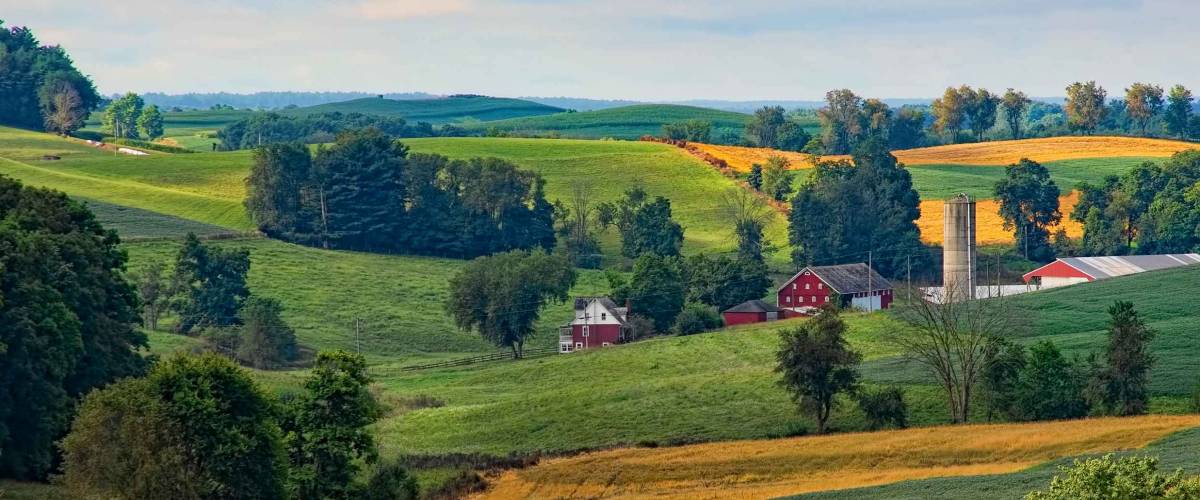
While the decline of U.S. manufacturing hasn’t been as devastating for Ohio as it has been for some other regions, the economy is still troubled.
It seems like Ohioans are burning the midnight oil on a regular basis, as they fall in the bottom five for the amount of sleep they get. Yet that hard work is not paying off, as the median household income here lags behind the national rate.
Ohio falls right in the middle of the list for community and environment, but came in 32nd place for emotional and physical well-being and 41st for work environment.
“I grew up in Crawford County which … has like no industry aside from Arctic Cat and that plant that makes electronics for Honda,” Redditor VncentLIFE writes. “I went to undergrad in a town that is the direct back road from Pittsburgh to Cleveland. The poverty is insane there. The drugs on the north side of Alliance are very real, along with small spurts of violence.”
2. West Virginia
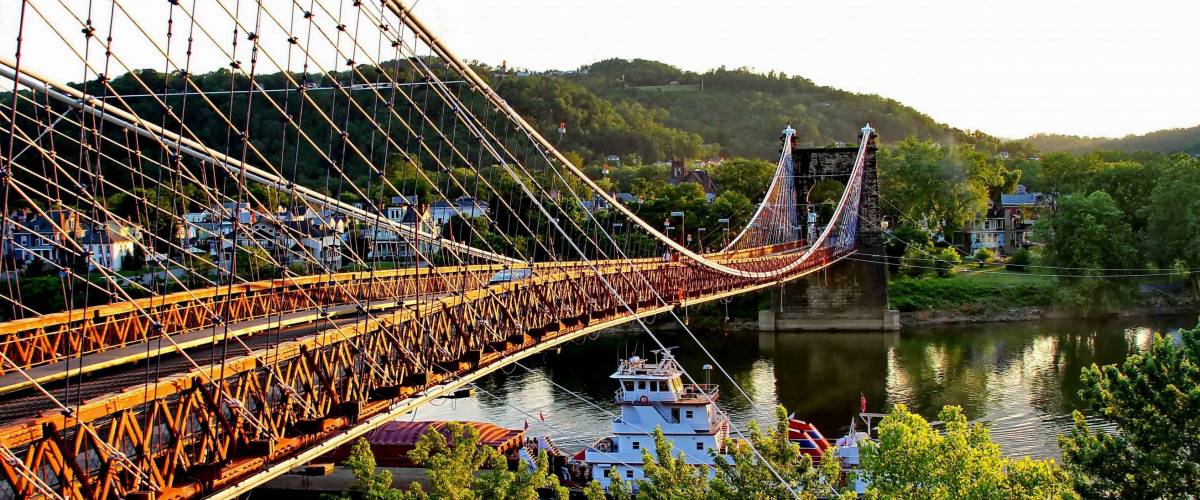
In 2014, the West Virginia Legislature made John Denver's Take Me Home, Country Roads one of its four official state songs. Yet this place is far from “almost heaven.”
The Mountain State is the most miserable of all the United States of America, with the highest rate of adult depression. West Virginians are also chronically sleep deprived, beaten only by happy Hawaiians having too much fun to rest. Incomes are stagnant.
West Virginia came last for emotional and physical well-being and second last for its work environment. Wallethub adds that this state has the second-worst drug problem in the nation.
“Lack of adequate medical care (not enough doctors, etc.) leads to pharmacies and pill mills just handing out pain medication and opioids like candy,” ftxs writes on Reddit.
1. Missouri
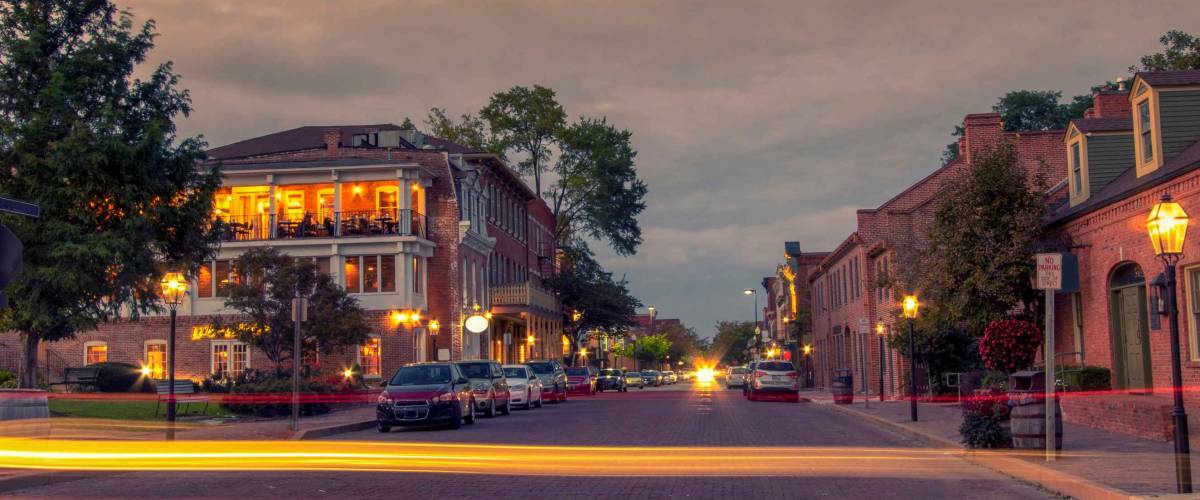
Missourians praise the low cost of living here and the lush Ozark Mountains, but there’s suffering just beneath the surface. The state has been repeatedly dubbed the meth lab capital of the U.S. by various media outlets; Wallethub gives it the worst score in the nation for drug use, making special note of poor law enforcement.
Missouri was awarded 12th place for community and environment and 22nd place for work conditions but fell behind for emotional and physical well-being.
“Drug addiction causes societal and personal decline on the whole, and the overarching drug problem is creating more work for family services, more kids in the foster system, more felons, and more welfare recipients,” writes Ryan P. Walsh on Quora.
